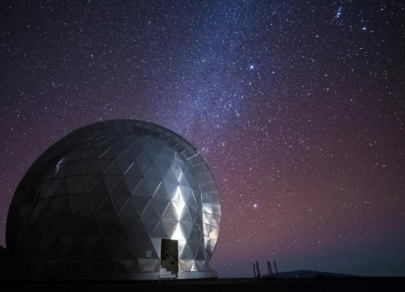FX.co ★ Top 5 locations for stargazing
Top 5 locations for stargazing
Bryce Canyon National Park
Bryce Canyon National Park in Utah, USA, sits at an elevation of 2,400 to 2,700 meters above sea level and offers exceptional stargazing conditions. Up to 7,500 stars, as well as the Milky Way, Venus, and Jupiter, can be seen with the naked eye. Every June, the park hosts an astronomy festival where guides organize night observations and share their knowledge about space.
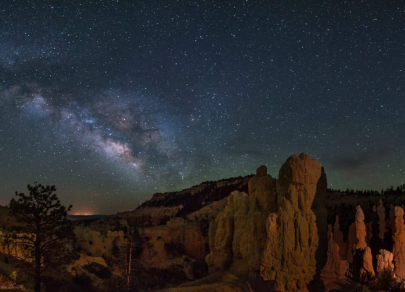
Aoraki Mackenzie Dark Sky Reserve
Located on New Zealand’s South Island, this reserve is the world’s largest stargazing site. Established in 2012, it covers an area of over 4,000 square kilometers. Strict light pollution restrictions allow visitors to fully enjoy the magnificent starry sky. The reserve features numerous telescopes, several observatories, and a large planetarium for tourists' convenience.
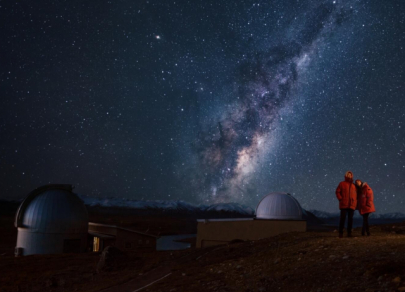
NamibRand Nature Reserve
NamibRand Nature Reserve, in southern Namibia, offers a remote location far from major cities, making it an ideal spot for astrotourism. With no light pollution, visitors can experience incredibly clear night skies. In addition to stars, multiple galaxies can be seen, including the Milky Way, the Andromeda Galaxy, and the Triangulum Galaxy.
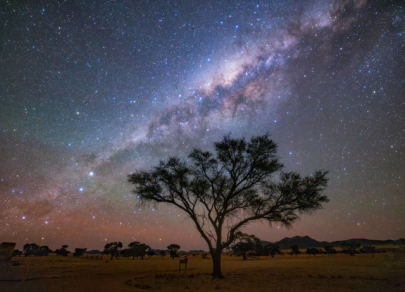
Canary Islands
The Canary Islands, particularly La Palma and Tenerife, are among the best places in the world for stargazing. La Palma became the first UNESCO-recognized Starlight Reserve, thanks to unique laws protecting the island from light pollution, ensuring excellent conditions for astrotourism. Tenerife is famous for the Teide Observatory, located at an altitude of 2,400 meters, providing outstanding night sky visibility.
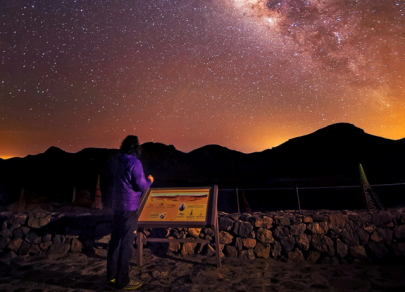
Mauna Kea Volcano
Mauna Kea, on Hawaii’s Big Island, is not only the highest point on the island but also one of the best stargazing spots on Earth. Several observatories with powerful telescopes sit atop the volcano. Mauna Kea’s remote location and minimal light pollution create perfect conditions for stargazing.
